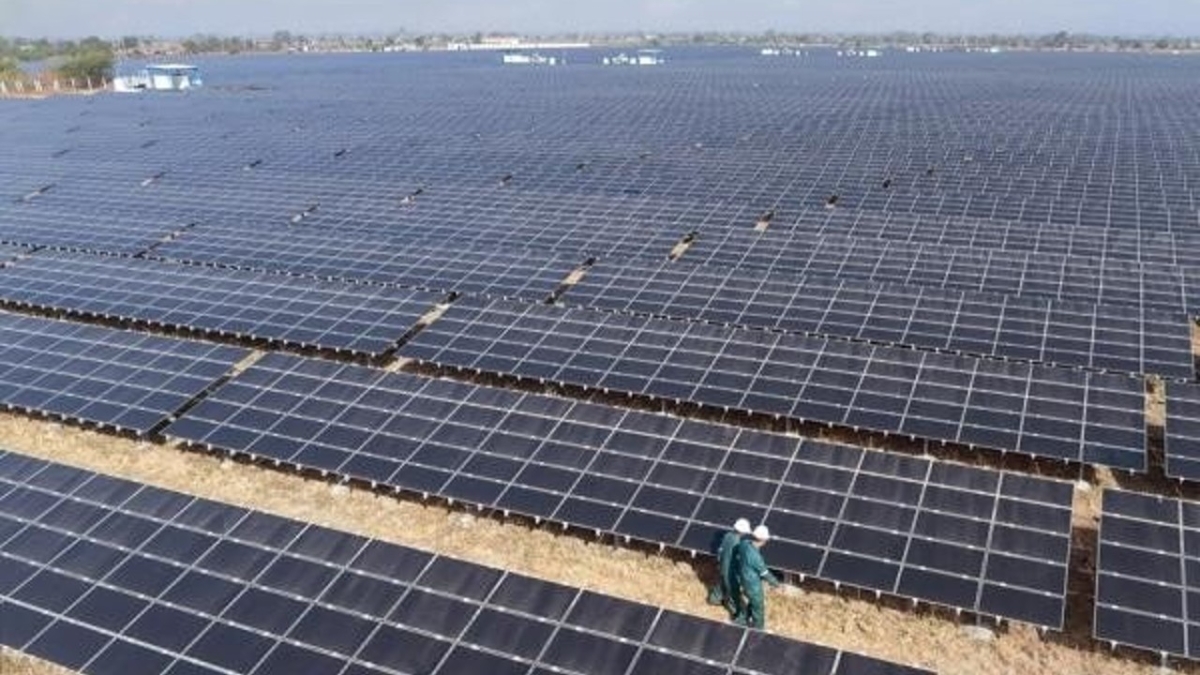
Singapore to focus on five pillars for low carbon movement in companies
The first pillar is the right pricing of resources.
Initiatives to spur companies’ push for a low carbon society were announced by Minister for Trade and Industry Gan Kim Yong.
In his speech directed toward parliament, the minister agreed that a partnership must be put in place between the government, the private sector and the community at large, with the government serving as the enabler for these initiatives.
Right pricing of resources was the first step Yong touched upon. A higher carbon tax would mean an impact on households, whilst an adjustment would also influence investment decisions and the decision of companies to decarbonise.
Complementing the carbon tax with financial support is also essential, as the Minister pointed to the Enterprise Sustainability Programme to help local businesses build sustainability. The programme is expected to support at least 6,000 enterprises over the next four years.
Another scheme Yong points to is the Sustainability Loan Grant Scheme, launched in November 2020, which encourages banks to create green and sustainability-linked loan frameworks.
Current standards and accreditation procedures would also need to be developed, as Yong points towards efforts by the Singapore Standards Council and Singapore Accreditation Council in this field. Over 50 national standards and 13 accreditation programmes have been developed by the two. The country is also a member of two standards-setting bodies, namely, the International Organisation for Standardisation and the International Electrotechnical Commission.
Efforts by Lion City to help companies access green opportunities through Green Economy Agreements (GEA) were also touched upon by Yong. With the GEA being made up of two key aspects, namely, the promotion of trade and investment in environmental goods and services, and the facilitating of cooperation in key environmental issues, negotiations with Australia are underway for the first of these agreements. These are set to strengthen international governance on trade and environmental sustainability.
Lastly, Yong highlighted partner companies to do R&D with in regards to new green technologies and solutions. This, in turn, will help the country build knowledge and position itself in a stronger position.
He cites last year’s awarding of $55m to 12 projects under the Low-Carbon Energy Research Funding Initiative.
























 Advertise
Advertise






